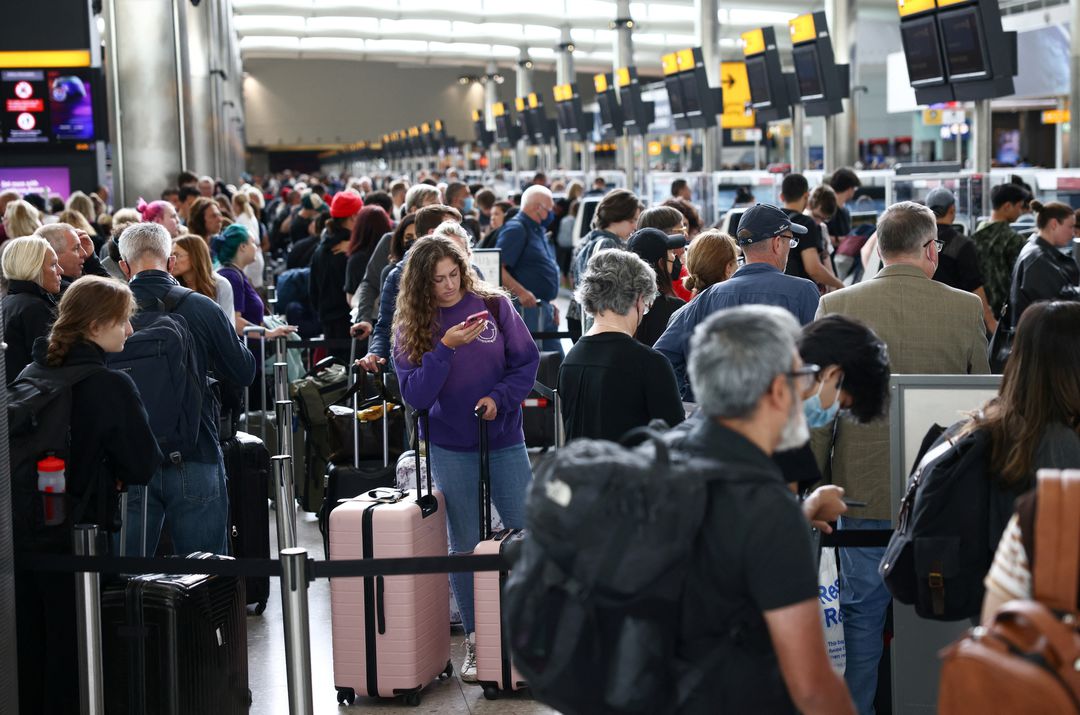London’s Heathrow Airport will be forced to lower the landing fees it charges airlines over the next four years after Britain’s aviation regulator responded to pressure from airlines over the cost of flying at the hub.
Major airlines including British Airways and Virgin Atlantic have been locked in a bitter dispute with Britain’s biggest airport for months, with airlines arguing that Heathrow was already the most expensive airport in the world.
Heathrow had argued it needed to double the fee it charged airlines in order to invest and provide a better service to customers while retaining the support of private investors.
The Civil Aviation Authority (CAA) said on Tuesday that using official inflation forecasts, the average maximum price per passenger that airlines would pay Heathrow would fall from 30.19 pounds currently, to 26.31 pounds.
The regulator had previously said Heathrow could raise its per passenger charge to between 24.50 pounds and 34.40 pounds. Heathrow had requested that the cap be set at 32 to 43 pounds. In 2020, the charge was 22 pounds.
Heathrow said in response that the regulator underestimated what was needed to provide a good service. “Uncorrected, these elements of the CAA’s proposal will only result in passengers getting a worse experience at Heathrow as investment in service dries up,” Heathrow CEO John Holland-Kaye said.
The CAA said it expected to publish a final decision on the charges in the autumn.







Click here to change your cookie preferences